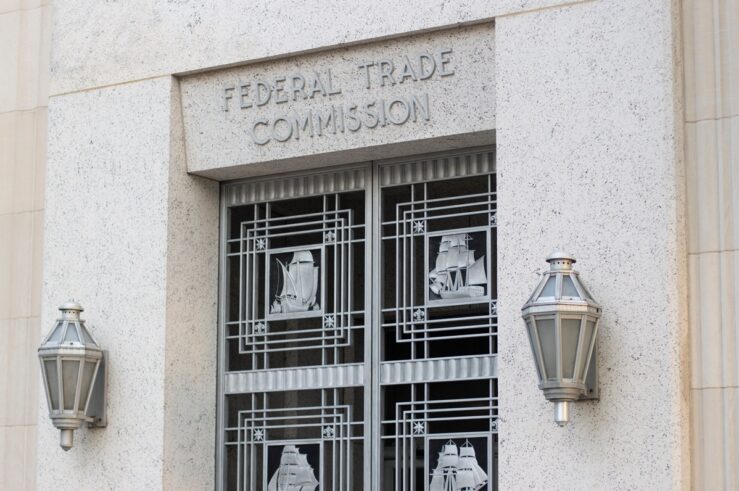In my just published Heritage Foundation Legal Memorandum, I argue that the U.S. Federal Trade Commission (FTC) should substantially scale back its overly aggressive “advertising substantiation” program, which disincentivizes firms from providing the public with valuable information about the products they sell. As I explain:
“The . . . [FTC] has a long history of vigorously combating false and deceptive advertising under its statutory authorities, but recent efforts by the FTC to impose excessive ‘advertising substantiation’ requirements on companies go far beyond what is needed to combat false advertising. Such actions threaten to discourage companies from providing useful information that consumers value and that improves the workings of the marketplace. They also are in tension with constitutional protection for commercial speech. The FTC should reform its advertising substantiation policy and allow businesses greater flexibility to tailor their advertising practices, which would further the interests of both consumers and businesses. It should also decline to seek ‘disgorgement’ of allegedly ‘ill-gotten gains’ in cases involving advertising substantiation.”
In particular, I recommend that the FTC issue a revised policy statement explaining that it will seek to restrict commercial speech to the minimum extent possible, consistent with fraud prevention, and will not require onerous clinical studies to substantiate non-fraudulent advertising claims. I also urge that the FTC clarify that it will only seek equitable remedies (including injunctions and financial exactions) in court for cases of clear fraud.




